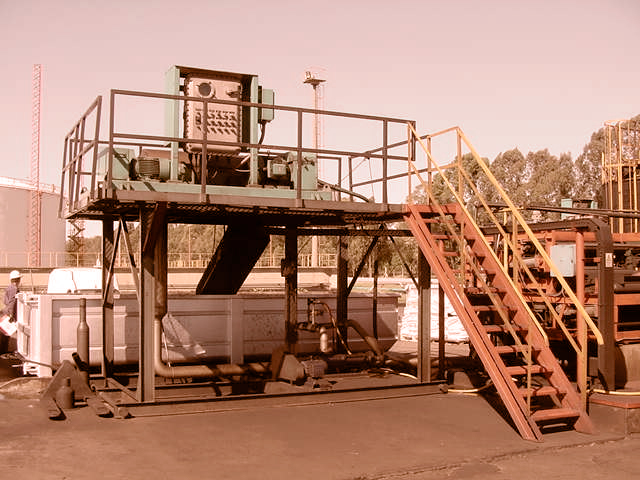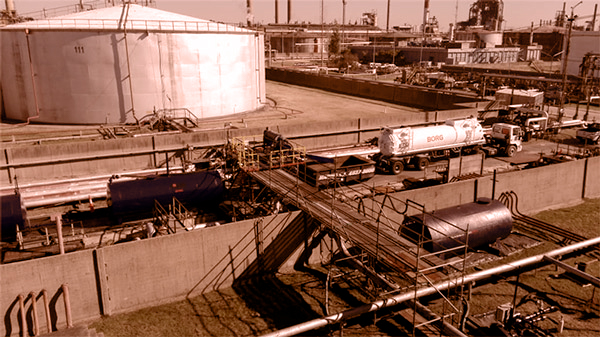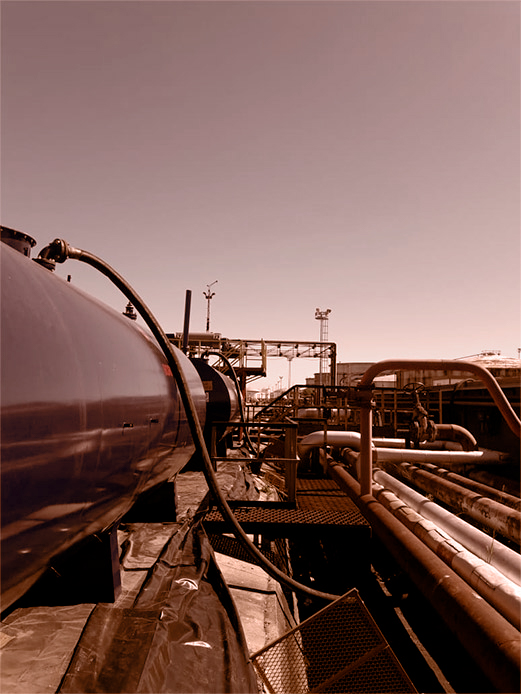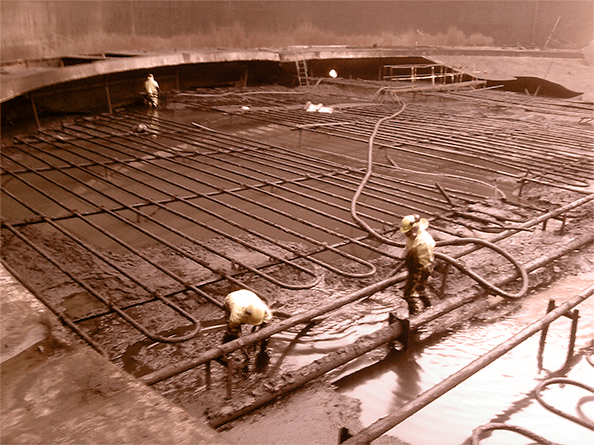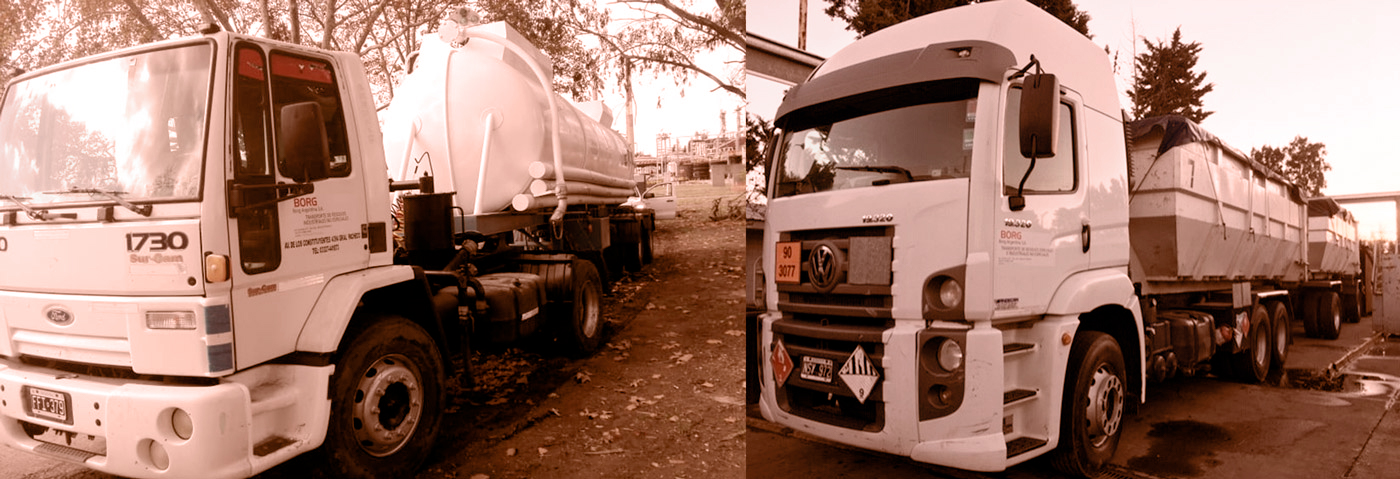Depending on the Generator's requirements and the characteristics of the waste, the dewatering (centrifugation) service for the sludge sludge centrifugation methodology can be applied in situ, at the Generator's facilities, or ex situ at Borg Argentina S.A. plants. depending on the treatments depending on the treatments to be carried out on the by-products obtained
Centrifugation technology is optimized according to the characteristics of the product and the processing capacity of the by-products by the generator facility. The recovery of hydrocarbons, the clarification of water and/or the dehydration of sludge stand out. This is done by a biphasic (solid-liquid) or triphasic (solid-light liquid-heavy liquid) separation, primarily the objective is a dewatered sludge.
If we add to this the possibility of recovering by-products of high commercial value, which in the case of oil and its derivatives with contents greater than 20% or 30% of hydrocarbons, justify by themselves the application of the method.
Centrifugal separation is a relatively versatile method for effluent treatment, since it allows processing liquid streams of very different characteristics, from products with a very high concentration of light phase (hydrocarbon), to those whose concentration is very low. In each case, different setups and operating parameters of centrifugal separators achieve their goal.

